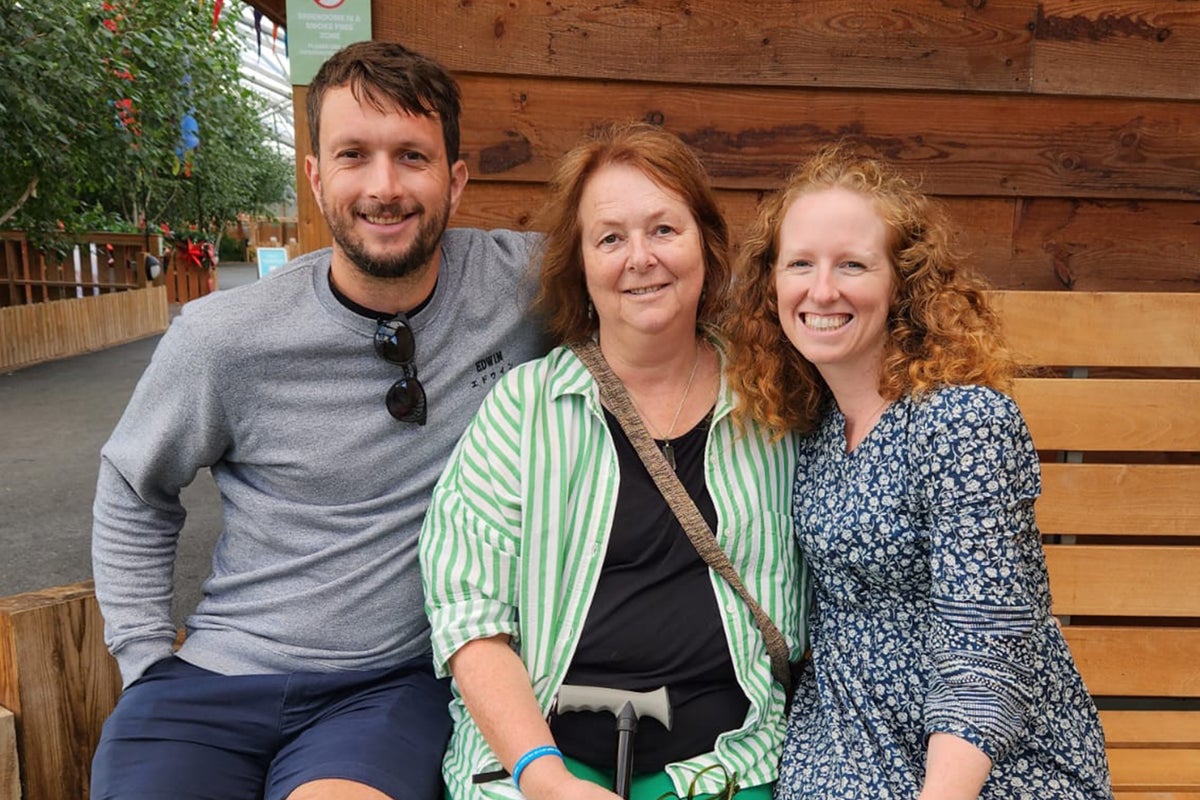
Joint Health And Quality Of Life – News18
Last Updated:
Caring for joint health requires a holistic approach that encompasses exercise, weight management, and timely medical interventions
Knee osteoarthritis, a prevalent disorder in the elderly population, exemplifies this, causing pain, stiffness, and functional decline due to cartilage loss
Joint health is important to maintain mobility and quality of life, especially as we grow older. Problems with joints can affect day-to-day activities, such as walking and climbing. Knee osteoarthritis, a prevalent disorder in the elderly population, exemplifies this, causing pain, stiffness, and functional decline due to cartilage loss. Prompt intervention and management are important for slowing disease course and maintaining independence. Dr. Sunil Dash, Sr. Consultant Orthopedic, Manipal Hospitals Bhuwaneswar shares all you need to know:
Gentle Exercise and Avoiding High-Impact Workouts
Low-impact exercises, like walking, swimming and yoga, are also important in taking good care of the joints. These activities can build the muscles around the joints without overloading them. These exercises encourage the flow of synovial fluid (egg-white-like fluid found within the joint cavity) to hydrate the avascular cartilage tissue and assist the uptake of nutrients through mobility of the joints. On the other hand, high-impact exercise, for example, running, is not advisable as it may lead to more destruction of the joints.
Weight Management and Mechanical Trauma
Keeping a healthy weight is another important factor in knee health. Extra weight on the body adds loads to the knees, leading to heightened cartilage breakdown. Research also shows that even modest weight loss can significantly reduce knee loading forces, improve symptoms, and slow the progression of osteoarthritis. Weight management plays a significant role in preventing joint issues.
Knee Pain Management (Non-Surgical and Surgical)
Conservative non-operative management of knee pain usually comes first. With acute symptoms, the RICE protocol (Rest, Ice, Compression, Elevation) and physiotherapy can help. However, when the situation gets critical, surgical interventions such as robotic knee replacement can yield excellent functional outcomes and long-term joint longevity. These surgeries can lead to astounding quality-of-life improvements.
A Full-Scale Approach to Joint Care
Caring for joint health requires a holistic approach that encompasses exercise, weight management, and timely medical interventions. The sooner older adults apply these strategies and reserve their physical and mental energy, the more quickly they will be able to maintain functionality and improve their quality of life during the aging process — and hopefully avoid or postpone the need for such surgical procedures. Finally, further studies are warranted in which non-surgical protocols are maximized and the indications for surgical treatment are optimized to achieve the best possible patient outcomes.










